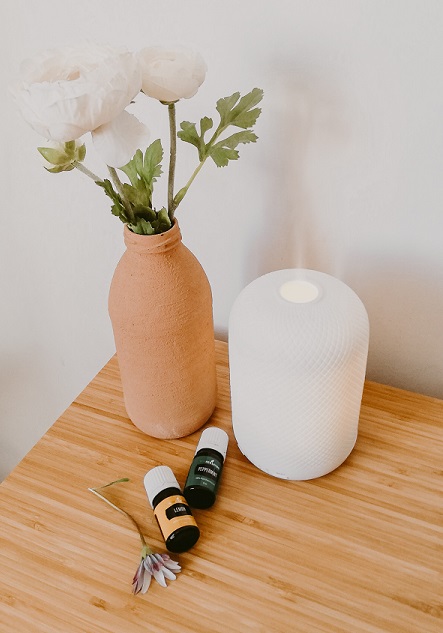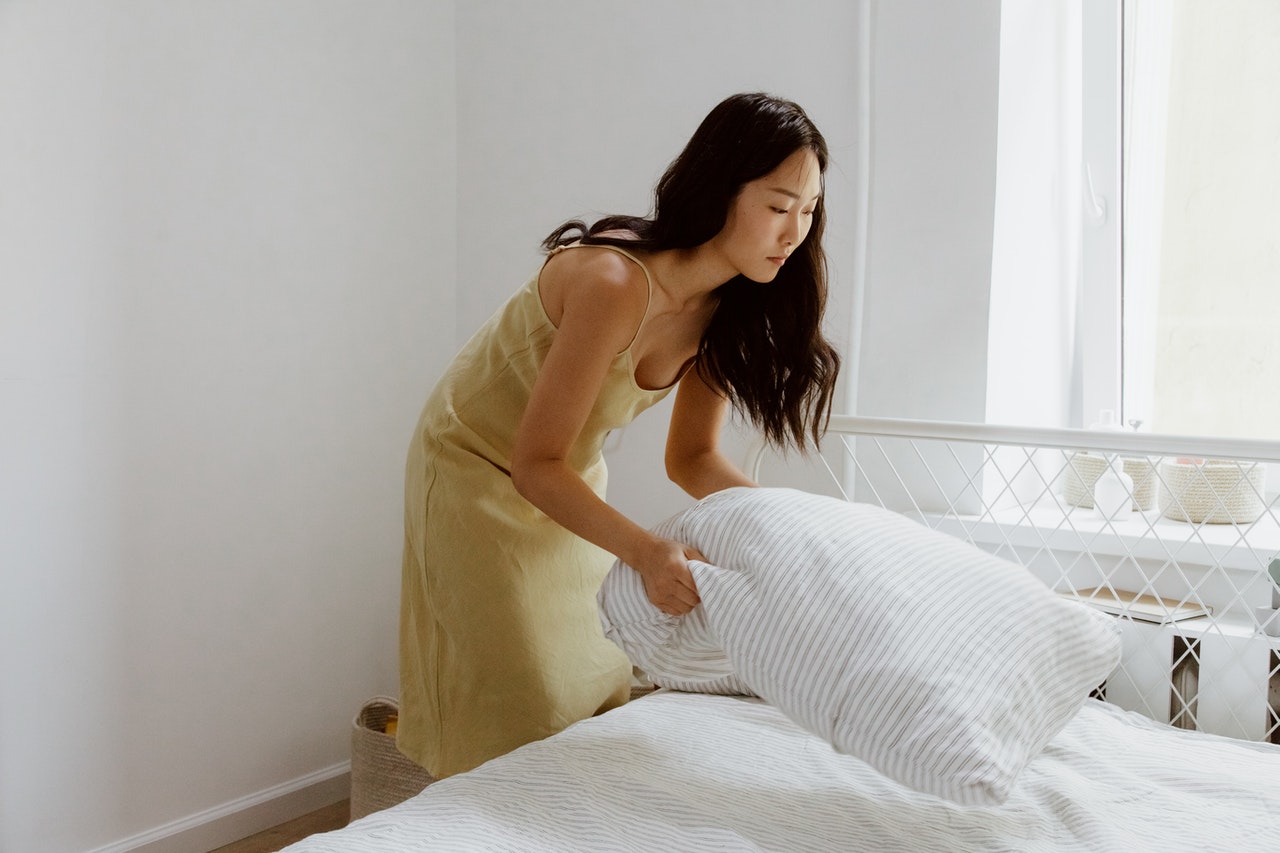Wouldn't it be great if moms could squeeze in little bits of relaxation all day long? That’s what essential oil diffusers promise to do: create a positive, refreshing and energizing ambience that makes you happier and healthier. Do they work?
What Are Essential Oils and Diffusers?

Essential Oils
Essential oils are plant extracts. These natural compounds come from a variety of flowers, herbs, trees and other plants. Some of my favorites are tea tree, lavender, sandalwood, lemon and (of course) rose. Essential oils are often used in aromatherapy to promote wellbeing for body and emotions.
Essential Oil Diffusers
Essential oil diffusers deliver these plant scents into the air as aromatic molecules. That way you can smell relaxing aroma as you’re going about your daily activities. The tiny particles reach your nose’s receptors and send signals to your brain, especially to the area involved with emotions. Today's oil diffusers are similar to the air fresheners of yesteryear, but using comforting natural plant extracts instead of synthetic chemicals.
How Effective Are Essential Oils?
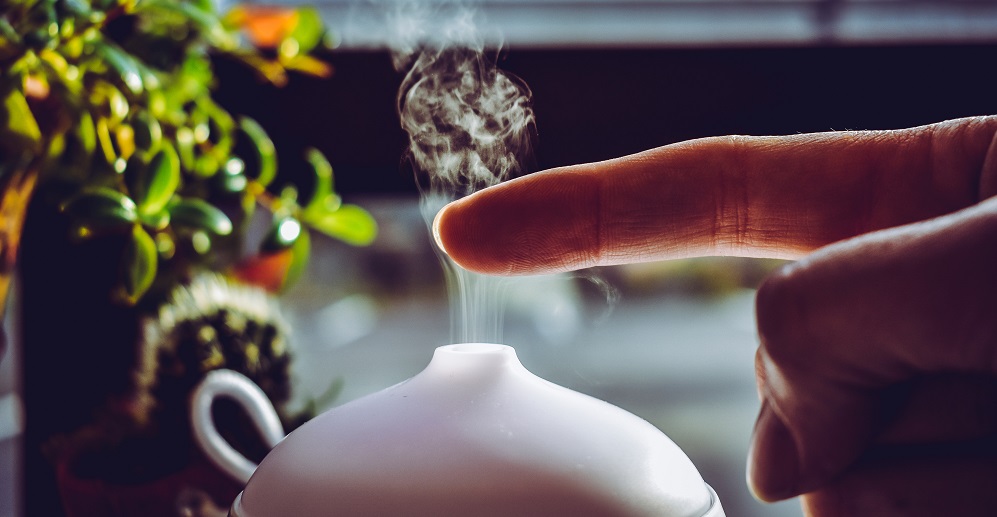
Do essential oils work? To be honest, scientists aren’t completely sure. Some research has shown that essential oils such as lavender can have benefits:
- Relief from anxiety
- Help with depression symptoms
- Sleep quality improvements
- Calming effects for dementia
- Pain relief for osteoarthritis
In other words, aromatherapy may help your mood and emotional health, but scientists can’t confirm it. That's why doctors aren't actually writing prescriptions for lavender oil or tea tree oil.
What Are the Best Types of Essential Oil Diffusers?
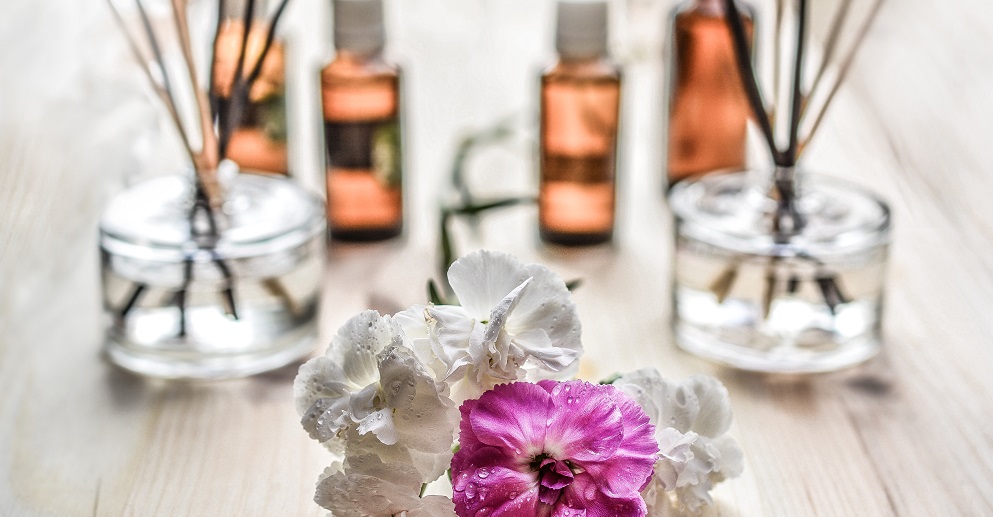
There are many types of diffusers to choose from. Each has pros and cons, and you should look at the price tag, too:
- Electric diffusers: You add essential oil to water and an electric fan disperses the air and oil droplets into the air.
- Reed diffusers: Small sticks absorb essential oils from a jar and release them into the room naturally. This can take a while, but it’s silent. Reed diffusers are my favorites for the bedroom.
- Ceramic diffusers: Terracotta or ceramic absorb and gradually release essential oil into the surrounding space. These diffusers don’t have much reach, so they’re best for a bathroom countertop, tub, or another small space.
- Heat diffusers: Heating essential oils can change their chemical properties and take away therapeutic benefits. Skip these diffusers unless you’re only after the scent.
- Ultrasonic diffusers: These high-tech devices use vibrations to create a fine mist of essential oils and water. These are great all-around diffusers for large spaces, and they can also humidify the air in dry homes.
- Nebulizer diffusers: For fast dispersion you can smell throughout the house, nebulizers are hard to beat. I don’t like them personally because I’m always afraid of breaking the glass container. They also go through more essential oil than other options.
What's the Bottom Line for Essential Oil Diffusers?
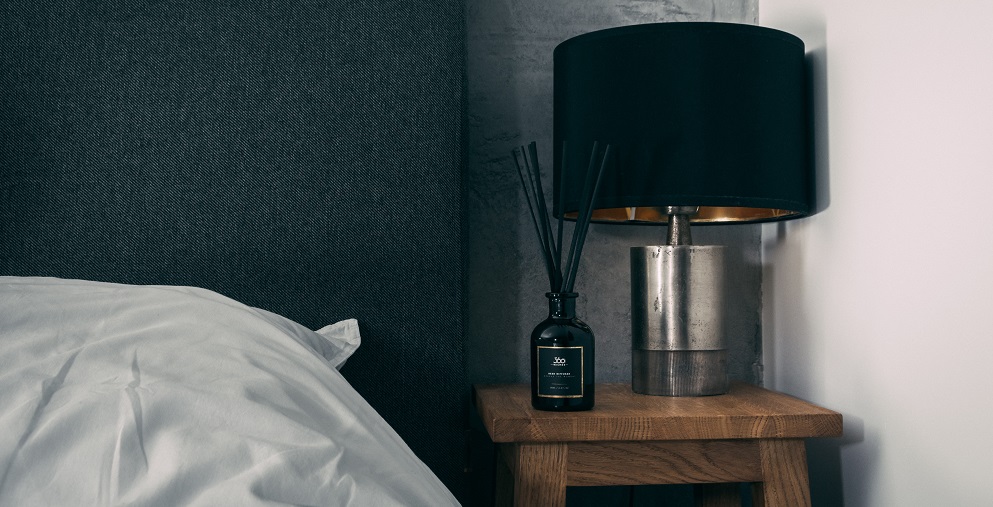
My point of view is that you should find out whether essential oils work for you personally. Don’t believe crazy claims or miracle cures you read online. Try your favorite aromatic scents with an essential oil diffuser for a month or two. Write down how you feel at the beginning and compare again at the end. If you notice you feel less stressed or that you’re sleeping better at night, keep going!

